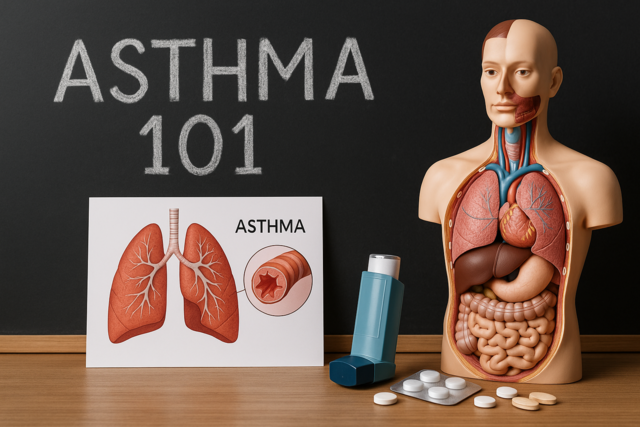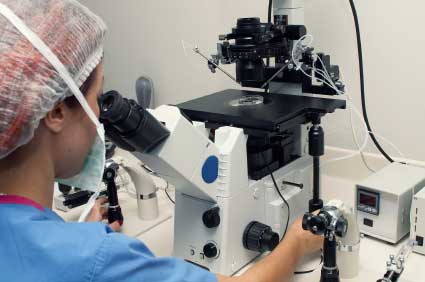Processing Health Insurance Claims
In large healthcare systems, one or more employees may be assigned exclusively to handle the processing of health insurance claims. A large portion of the population maintains healthcare insurance in order to be protected from major financial loss from medical bills. Insurance claims is a complicated endeavor requiring great skill and accuracy. The payer (whether a private insurance company or a government agency) will look closely at each claim to see that it is valid. Furthermore, each company or agency has its own peculiarities and requirements as to how the claim forms are to be submitted.
Failure to handle insurance claims properly can cause a loss of revenue to the healthcare facility. For this reason, whether the insurance claims staffer or a medical secretary who doubles in this capacity actually handles the paperwork, it must be done with care and precision. For the healthcare facility, the person in the office who handles insurance claims is a vital member of the team.
In this article we will look closely at the qualifications and responsibilities of the medical facility staff member who handles insurance claims to learn the precision needed for the job as well as the claims handler at the insurance company.
QUALIFICATIONS
In the healthcare facility the person who handles the submission of healthcare insurance claims must understand the function of the insurance claims adjuster. Therefore, the one who handles insurance claims submissions must be able to keep up with the rules and regulations of insurance companies and government supported health insurance agencies such as Medicare and Medicaid. Usually in an average office of a physician, this job is part of the duties of the medical secretary or a clerical medical technician.
In an insurance company, the medical claims handler will need a higher education and experience level. Just as it is imperative for the insurance claim to be submitted accurately, at the insurance company it is necessary for the insurance claims handler to be able to sport any irregularity that may cost the company or agency needless expense.
DUTIES AND RESPONSIBILITIES
Insurance company claims handlers will scrutinize carefully all insurance claim forms that come from healthcare facilities. The people who submit claims should know the areas that insurance claim handlers will examine closely in order to minimize delays in payment. Some of those areas that may cause the claim to be sent back or even denied are as follows:
- Charges that are unreasonable for the geographic area where the medical services were performed;
- Medication that was administered by IV when it might have been given orally;
- Diagnostic and Procedural codes missing or unclear; when there is any irregularity on the insurance claim, it will be returned out of hand;
- Fragmented charges (not grouped logically together);
- Excessive hospital stays; there are lists of expected hospital stay durations for each kind of illness;
- Questionable diagnoses and/or treatments; the insurance company will look closely at the kinds of diagnoses and treatments prescribed;
- Unnecessary hospitalization for treatment that could have been done on an outpatient basis (for example-hospitalization for physical therapy);
- Weekend admissions for treatments that are performed on Monday and the patient is then released;
- Excessive diagnostics and treatment for an illness;
- ICU care for a minor injury;
- Set up charges on an ER (emergency room) bill;
- And such as these; the insurance company will examine the patient's policy to see that what is being billed is covered in that policy; they may contact the patient to see if the claim is genuine.
It is the responsibility of the insurance claims handler at the medical facility to spot any such irregularities before the claim is sent to the insurance agency. The insurance claims handler in a healthcare office will also deal with the Property Insurance, Accident Liability Insurance, Employee Life and Health Insurance; Medical Malpractice Insurance; Fire Insurance, and any other policies the facility may have.
EDUCATIONAL REQUIREMENTS
As mentioned earlier, the person handling insurance claim submissions from a healthcare facility may not need higher education or certification, depending on that person's experience, intelligence, and accuracy. It is to the advantage of the insurance handler to continue education either in the classroom or online. Higher education will allow for demanding a higher wage. Also, it opens the door for similar work in a medical insurance company.
In the insurance company, a minimum of a bachelor's degree is required with some years of experience a decided plus. Opportunity for advancement is greater in the insurance sector.
WORK ENVIRONMENT
In either a medical facility or a medical insurance company the work environment can be expected to be bright and comfortable with modern furnishings. The human environment will be professional in both cases.
COMPENSATION
Salaries for medical insurance handlers average in the area of $38,000 per year with 1 to 4 years experience.
SUMMARY
The nature of insurance claims handling deals with the proper handling of claim forms, compliance with government regulations, and making sure information is entered correctly. From the medical facility point of view, the medical claims handler is responsible for submitting all insurance claims for payment with all due accuracy. From the insurance company viewpoint, the medical claims handler has the responsibility of checking the claims for accuracy, policy coverage, and payout schedules.
In the healthcare facility it is likely that the medical claims handler will be the medical secretary or a clerical medical technician as opposed to the insurance company where it is a full-time responsibility. Experience in a medical facility will be an advantage if the employee seeks to find work with a health insurance company.
In the health insurance company the medical claims handler has the opportunity for advancement as well as opportunities for continued education. In either case, the medical claims handler must be a person who can pay attention to details while performing fairly routine work.






























